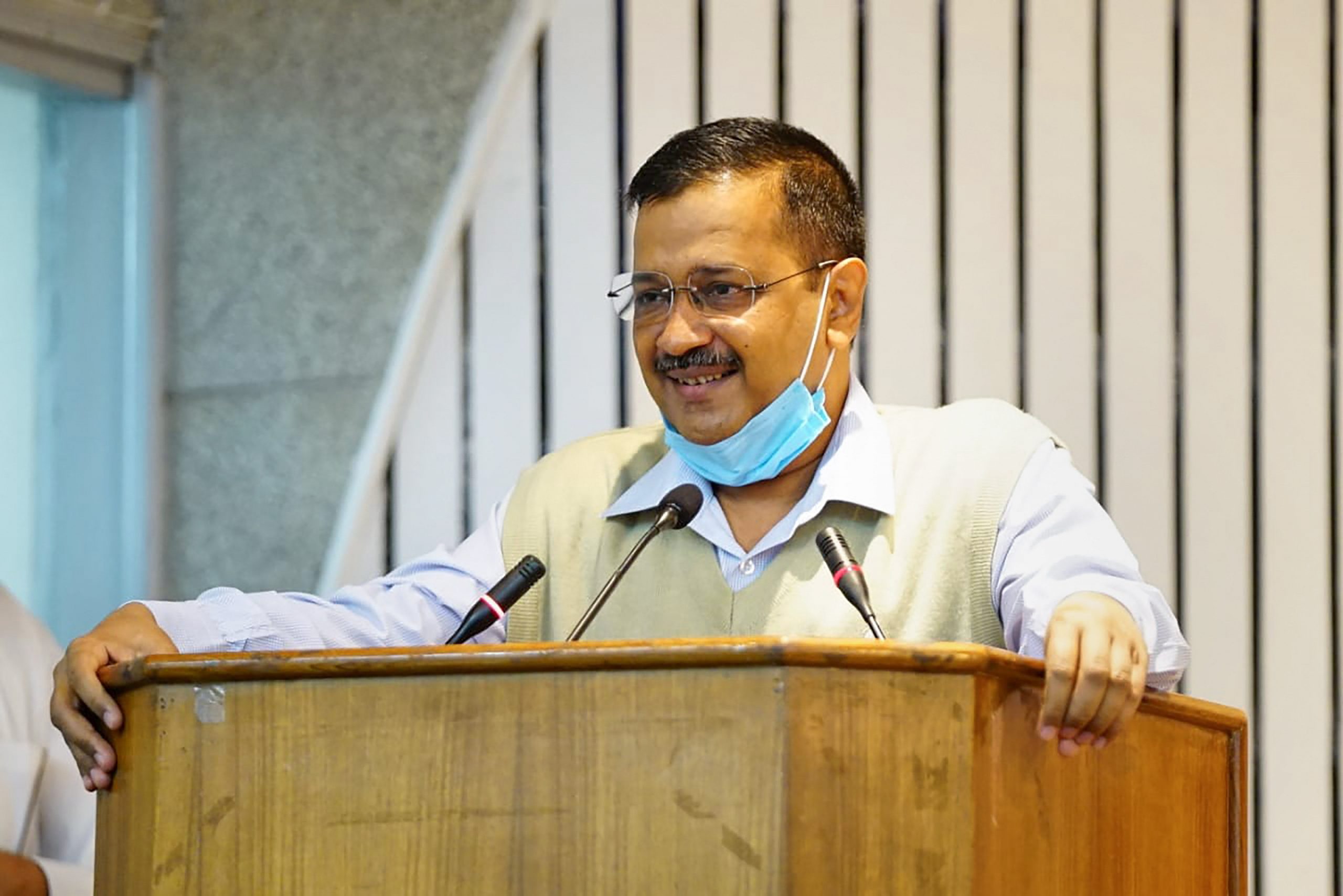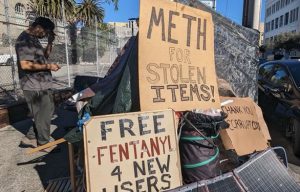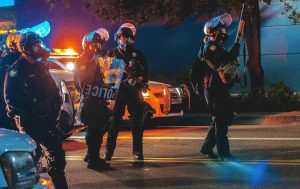Arvind Kejriwal-led AAP government has decided to impart lessons to government school students, amounting to over seven lakh, on the responsible use of social media which consists of coping with cyber threats as well as sharing of data online, reported PTI.
The month-long sequence of online sessions will take place for 1,040 schools, which has been scheduled to start from November 23.
The moves comes after observing the high usage of gadgets by students and exposure to social media during the novel coronavirus pandemic.
Also Read: Amit Shah calls meeting on rising COVID-19 cases, Arvind Kejriwal to attend
“The series on ‘Responsible use of Social Media’ will create awareness about the various kinds of threats on the internet and also ways to secure oneself from these threats. The children will also be sensitised about responsible use of social media,” said Deputy Director of Education Mohinder Pal
“Threat through the unknown and anonymous cyber world is a harsh reality nowadays. Ease of access and unmonitored reach has exposed the children to unscrupulous elements on the net,” he added.
Pal further said students will also be guided on how to be digitally smart. According to the structure designed, a total of 52 sessions will be held online for addressing 7.3 lakh students from classes 9 to 12 of 13 districts (136 clusters) in the National Capital.
When the coronavirus induced lockdown was announced in March to prevent the transmission of the coronavirus infection, all teaching and learning activities had to be moved online to avoid disruption of learning and teaching.
Also Read: Air pollution main reason behind surge in COVID-19 cases’: Delhi CM Arvind Kejriwal
In May, the National Council of Education Research and Training (NCERT) had sent the elaborative guidelines to schools defining the role of teachers as well as parents in fostering the safe, legal, and ethical use of the internet by students.
The cybersecurity and safety guidelines issued to schools and parents by the NCERT included permit to authorised people to access computer labs, prohibiting the use of USBs, blocking pop-ups and keeping a check on the appearance of new and unfamiliar icons on desktop.







